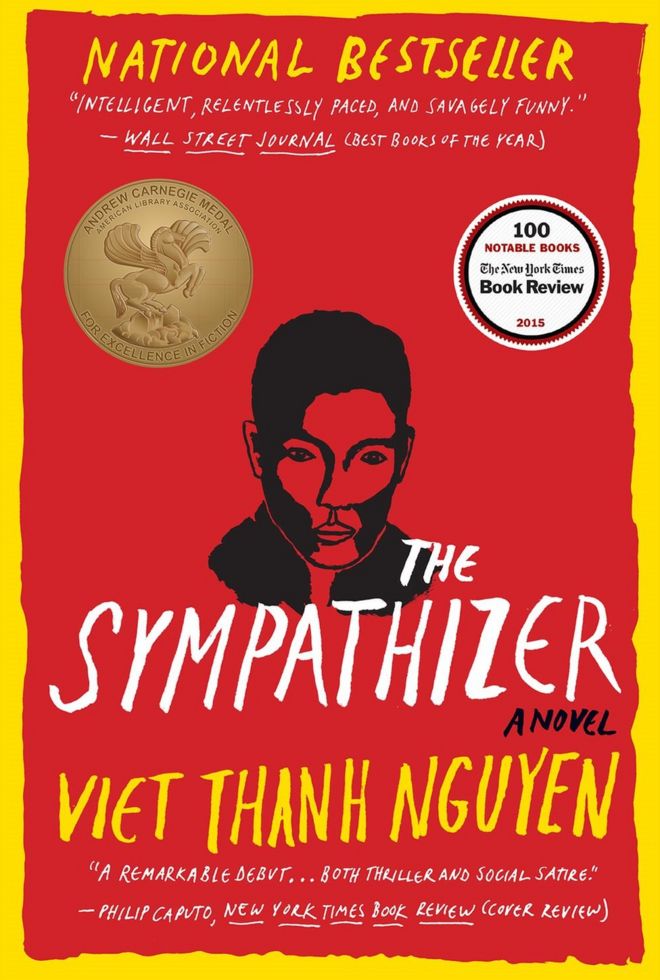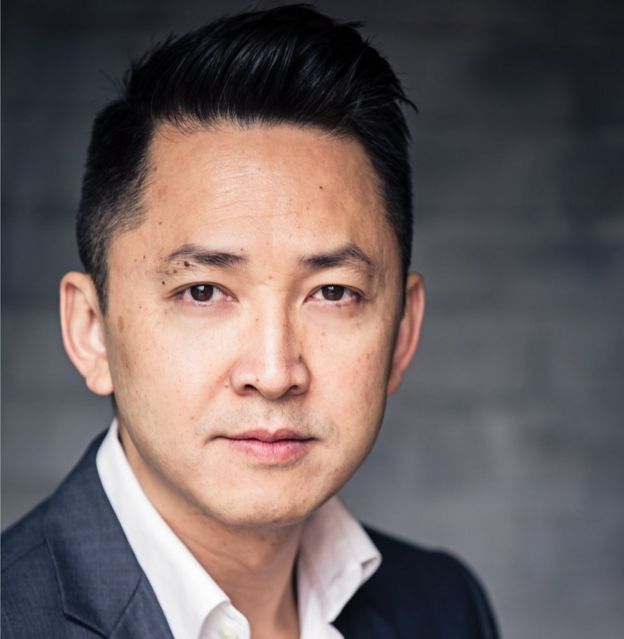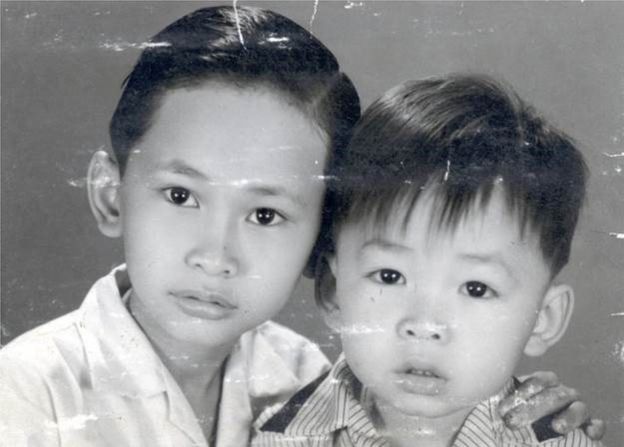- 4 hours ago
- Asia
-
(아시아) 퓰피쳐 수상작가 曰 사람들은 피난민들을 무서워한다국제문제/아시아 2016. 4. 20. 17:41
출처: http://www.bbc.com/news/world-asia-36088984
Pulitzer fiction prize winner: 'People fear refugees'
 Grove Press
Grove PressViet Thanh Nguyen, a former Vietnamese refugee to America, won the Pulitzer Prize for fiction on Monday for his debut novel, The Sympathizer.
The novel tells the story of a spy for the Viet Cong who ends up travelling to the US with fleeing members of the South Vietnamese military. From there, he secretly reports back to the North Vietnamese.
Nguyen spoke to Kasia Madera on the BBC's Newsday programme about what inspired his writing.
You describe this book as "a confession". Who is it a confession to?
The book is told from the perspective of a communist spy in the South Vietnamese Army. We eventually we discover that he is telling his confession to another communist who has ended up being his prison guard.
How much of this is a perspective on your personal life and your background?
Readers will be happy to know that its not an autobiographical novel, since my narrator happens to be a spy, a liar, an alcoholic, a womaniser, and eventually a murderer.
 BeBe Jacobs
BeBe JacobsViet Thanh Nguyen: "People would rather turn and blame these people who look different" But it comes out of some autobiographical themes in my life. I'm not an immigrant, I'm a refugee. I think it's very important to make that distinction, especially in this day and age when countries are so afraid of refugees.
I always felt I was living between worlds - I never felt totally comfortable in any kind of home, whether it was in my own parents' home, or in American communities. And that sense of always being in between, of being divided between worlds, informs the world view of this novel and of this character.
It's taken to an extreme in this case because he's a spy and a mole and he's caught terribly between oppositional sides.
Can people ever really assimilate the the countries they end up in?
I think I'm a perfect example of that. If you didn't see my face and just heard my voice I probably could pass for an American, and in most features of my life I am very much an American.
 Viet Thanh Nguyen
Viet Thanh NguyenViet Thanh Nguyen (right) and his brother, as children I think a lot of the fear people have about refugees is that they think they are utterly foreign, that they bring various kinds of contamination with them, whether that's physical, spiritual or religious or linguistic.
But I think what's also very frightening about refugees for a lot of people is that they remind citizens of stable countries that the privileges that they take for granted might actually be really fragile, that one day a natural disaster or a war might eventually come and make them into refugees too.
In reality, when you look at the waves of refugees that have come to the US and Europe, oftentimes they have been very successfully assimilated.
The US is arguably one of the most stable countries, and we are in the midst of the race to the White House. What do you make of what is going on in the country that you have taken on as your home?
Refugees and other kinds of immigrants - undocumented immigrants and so on - have become the scapegoats for some people's rage and fear. But that rage and fear shouldn't be directed at immigrants, it really should be directed at the structures of inequality that have led people in the United States to feel dispossessed.
And that is what I think Donald Trump is appealing to, it's what Bernie Sanders is doing in a much more articulate way, of showing that actually it's systematic inequality built into capitalism that has dispossessed people of all different kinds of backgrounds.
But it's frightening to look at structural inequality, so people would rather turn and blame these people who look different from them.
'국제문제 > 아시아' 카테고리의 다른 글
(아시아/방글라데시) 방글라데시 어린 신부曰 내 남편이 나를 버려서 기쁘다 (0) 2016.04.23 (아시아/인도) 인도 가뭄 피해 3억3천명 (0) 2016.04.20 (아시아/인도) 인도 주부들은 왜 자살하는가? (0) 2016.04.17 (아시아/인도) 빨리 찾아온 인도의 이상高溫(고온) (0) 2016.04.13 (아시아) 한국 총선 새누리 기존 위치 고수 희망 (0) 2016.04.13